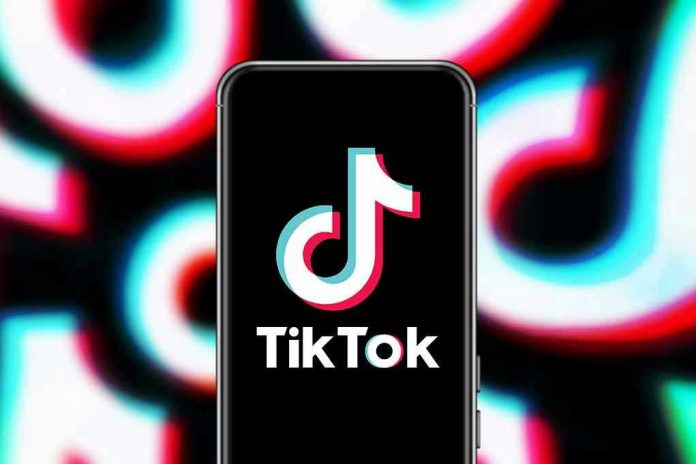
Imagine millions of people betting their financial futures on 15-second TikTok videos—now guess how many get rich versus how many get scammed.
At a Glance
- #sidehustle is TikTok’s hottest personal finance trend, but it’s teeming with misinformation
- Gen Z is especially at risk for bad advice, thanks to low financial literacy and high social media usage
- TikTok’s algorithm rewards viral gimmicks over expert guidance
- Distinguishing true financial wisdom from costly myths is harder than ever
TikTok’s Side Hustle Craze: A Goldmine or Fool’s Gold?
Scroll through TikTok for five minutes and you’ll be convinced that anyone can rake in piles of cash, all before their first cup of coffee. Thanks to the #sidehustle hashtag, millions of videos promise quick profits from reselling sneakers, mystery shopper gigs, and “passive” online schemes. But behind the viral montages of Lamborghinis and laptop beaches, there’s a far less glamorous reality: much of this advice is about as reliable as a weather forecast from a fortune cookie.
Why is this trend so sticky? Blame a cocktail of economic anxiety, stagnant wages, and the irresistible allure of instant success. The COVID-19 pandemic poured gasoline on the #sidehustle fire, as Gen Z, facing mounting bills and job uncertainty, turned to TikTok for answers. The app’s algorithm, hungry for engagement, happily dishes out whatever gets clicks—whether it’s a sound investment tip or a get-rich-quick fantasy.
The Real Risks Lurking Behind the Hype
Here’s the catch: TikTok makes no distinction between a credentialed financial advisor and a teenager with a ring light and a dream. Most creators don’t disclose their qualifications, and the platform does little to vet who’s doling out advice. The result? A Wild West of personal finance, where the loudest voices—not the wisest—rise to the top. Recent research reveals that Gen Z’s financial literacy lags behind older generations, especially on topics like risk management and insurance. This makes them prime targets for scams, pyramid schemes, and dubious “opportunities” dressed up as side hustles.
Financial professionals are sounding the alarm. Reports from watchdogs and industry experts warn that TikTok’s entertainment-first format sacrifices substance for sizzle. Viral videos often prioritize shock value or personal anecdotes over facts, leaving viewers with a patchwork of half-truths and outright myths. And while a handful of legit experts are trying to set the record straight, their voices are often drowned out by the digital noise machine.
Winners, Losers, and the Battle for Trust
So who actually benefits from the #sidehustle boom? Influencers rake in followers, ad revenue, and sponsorships, regardless of whether their tips are effective or ethical. TikTok itself profits from massive engagement and a steady stream of fresh content. Advertisers latch onto the trend, pushing everything from coaching courses to crypto apps. Meanwhile, regulators and financial educators—already outpaced by TikTok’s viral speed—scramble to keep up, issuing warnings that are too often ignored or unseen by the most vulnerable users.
For ordinary people, the stakes are high. A bad side hustle can lead to wasted time, lost money, and a lingering distrust of financial advice—legit or otherwise. Worse, the normalization of risky financial behaviors threatens to widen generational wealth gaps and undermine trust in credible institutions. The cycle is self-perpetuating: as more users chase quick fixes online, the volume of sketchy advice multiplies, making it even harder to separate fact from fiction.
Can TikTok Finance Ever Be Trusted?
Is all hope lost? Not quite. Some experts believe that TikTok, for all its flaws, can still democratize financial education—if users approach it with a healthy dose of skepticism. The best defense is a discerning eye: always check a creator’s credentials, cross-reference their claims, and never invest more than you can afford to lose. Regulators and industry groups are pushing for greater transparency and accountability, but the real power lies with the audience. If users reward quality content with their attention—and ignore the hype—the tide could turn.
Until then, treat every “easy money” TikTok like you would a stranger offering free puppies in a van: intriguing, but probably too good to be true. The side hustle gold rush isn’t going away anytime soon, but with a little caution (and maybe a lot of fact-checking), you can avoid becoming its next cautionary tale.













